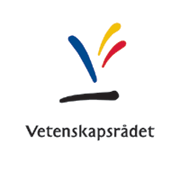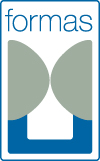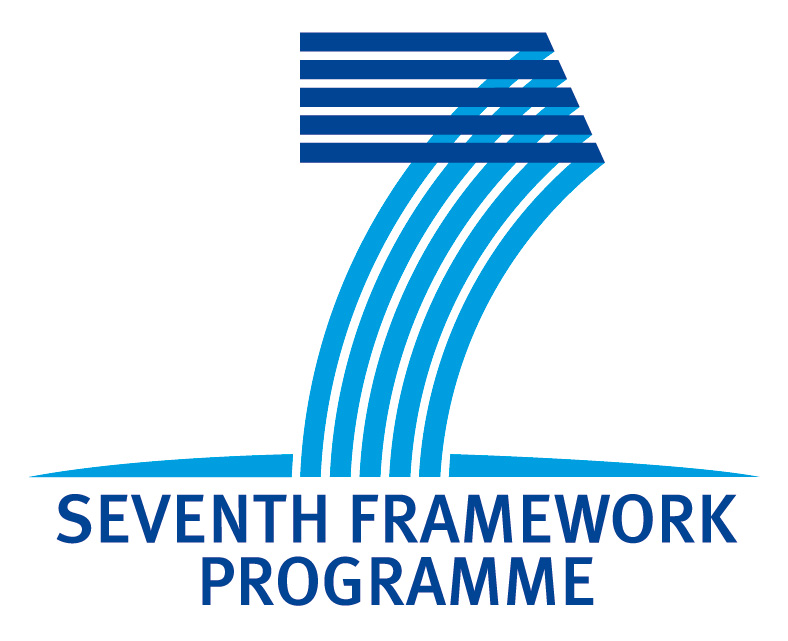
|
|
 |
Characterization of antibiotic resistance in bacterial communities: novel methods using next generation sequencing
The accelerated development of antibiotic resistance is one of the most urgent threats to human health. Bacteria become resistant to antibiotics by acquiring resistance genes through the process of horizontal gene transfer. Since antibiotics are naturally produced by many organisms, environmental bacterial communities contain a particular high diversity of resistance genes. Understanding the role of the environment as a reservoir for resistance genes and their routes of transfer is therefore vital. In this project we will develop novel tools for explorative analysis of resistance genes in bacterial communities. The tools are based on data generated by the next generation DNA sequencing and have therefore a high sensitivity and precision, even for less abundant genes. In this project we will also analyze data from environmental bacterial communities, both with and without antibiotic selection pressure, and the human microbiome. This project is funded by the Swedish Research Council, the Chalmers Life Science Area of Advance and the Chalmers eScience Centre.
|
 |
Novel methods for improved statistical inference in quantitative metagenomics
In metagenomics communities of microorganisms are studied by observing random fragments of their genomes. The potential of metagenomics have increased with the introduction of next generation DNA sequencing and it constitutes today an important measurement technique in ecology, ecotoxicology and medicine. Metagenomics is however limited by high levels of technical and biological noise, the low number of samples and the high dimensionality of the observed data. In this project we will develop novel statistical methods for analysis of gene count abundance in metagenomes. We will model the complex structure of metagenomics data and develop robust estimators for the biological variation between metagenomes. We will also develop new methods for normalization of metagenomes with varying taxonomic composition. The statistical methodology developed within this project will improve the performance of metagenomics and thus the study of uncultured microorganisms in general. This project is funded by the Swedish Research Council and the Natural Sciences at the University of Gothenburg.
|
 |
NICE - Novel instruments for effect-based assessment of chemical pollution in coastal ecosystems
NICE uses genomics techniques, such as metagenomics and transcriptomics, to develop novel instruments for monitoring of mixtures of chemicals and their ecological adverse effects. NICE comprises research groups from Gothenburg region working in fields such as ecotoxicology, ecology and bioinformatics. More information about NICE can be found at http://nice.gu.se.
|
 |
TAILORED-Treatment: Development of tailored antimicrobial treatment regiments and novel host-pathogen insights for respiratory tract infections and sepsis using a stratified apprach
Though of tremendous benefit to global health, antibiotics currently represent the most misused drugs in the world. Global overuse is estimated at 40%-70%, with overuse leading to preventable adverse events that may impact on patient care. Importantly, overuse also leads to the emergence of antibiotic-resistance, a phenomenon that is recognized as a major threat to global health. Further, the current diagnostic tools for facilitating the appropriate use of antibiotics are often inadequate as antibiotic consumption and the spread of antibiotic resistance are continually increasing. The TAILORED-Treatment project aims to help clinicans make informed decisions regarding the need for, and type of, antimicrobial therapy required for individual patients. Traditional and state-of-the-art techniques will be utilized and integrated to identify novel host-pathogen interactions and generate a free-to-use predictive algorithm for use by physicians. TAILORED-Treatment is funnded by the 7th framework. More information is available at ww.tailored-treatment.eu.
|
 |
NoCURE: Novel Carbapenemases – UnRaveling the Enviromental reservoir
The transfer of carbapenem resistance genes from harmless environmental microorganisms or human and animal commensals to pathogenic bacteria threatens the use of our last line of defense antibiotics. In this project, we will identify novel carbapenemase candidates using e.g. computational predictions of fragmented metagenomic DNA, functional metagenomics, and plasmid capture experiments. We will then characterize their structure, resistance and mobility potential. The research aims to increase our basic understanding of carbapenemases, including their abundance, diversity and transfer mechanisms. It will also address the patterns of co-resistance between carbapenems and other antibiotics and thereby enable more sustainable treatment strategies to avoid development of multi-resistant pathogens. Our results will also provide input to the evaluation and development of novel carbapenems or other antibiotic molecules less prone to resistance problems in the future. This project is performed in close collaboration with Joakim Larsson, Sahlgrenska Academy, GU and Örjan Samuelsen, University Hospital of North Norway, Norway. NoCURE is funded by the Swedish Research Council.
|
|
|
| |
|

